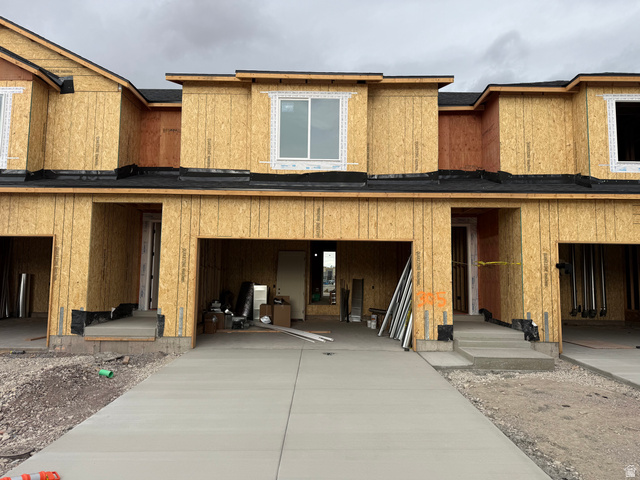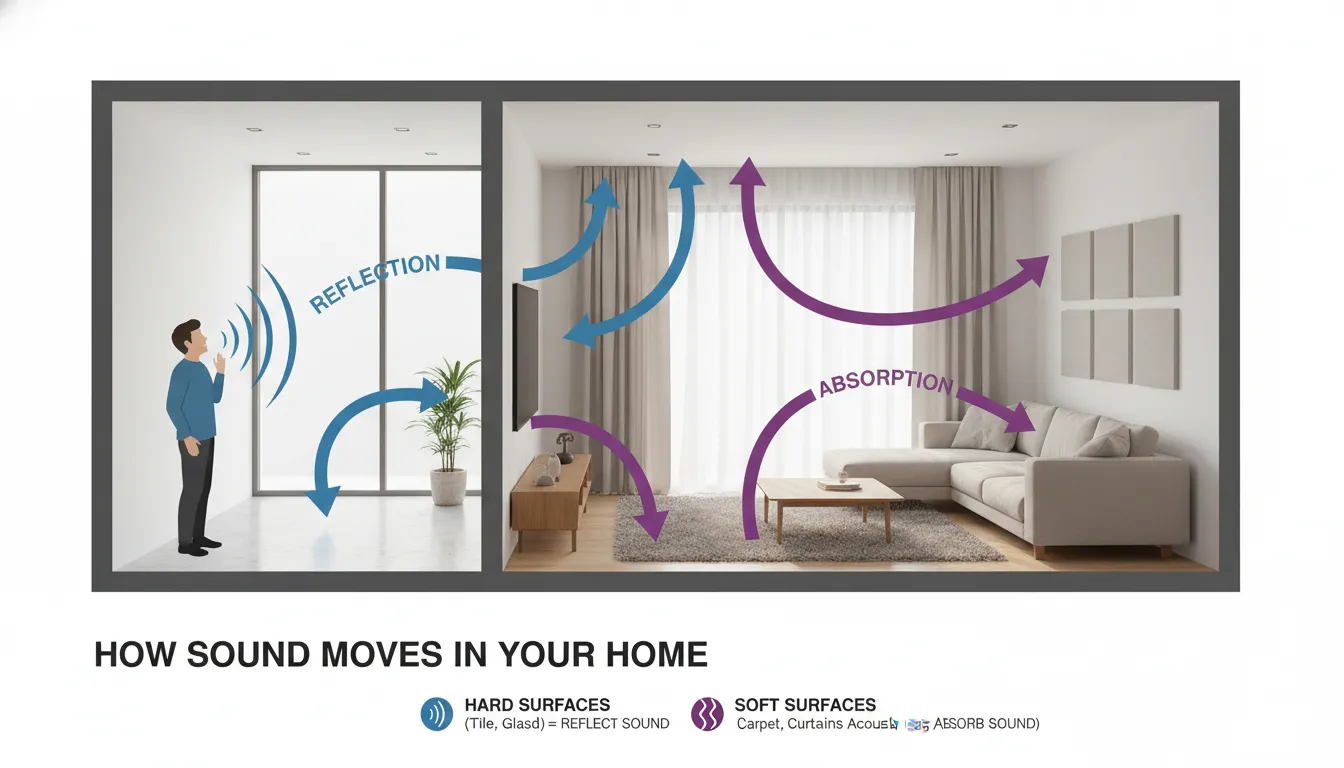
If you're facing a mortgage default, it's crucial to understand the realities and options available
to you. This article will guide you through the process of loan modifications, bankruptcy options,
and strategies for selling your home, helping you make informed decisions to get out of this
difficult situation.
Defaulting on Your Mortgage: Don't Panic, There's a Way Out
Defaulting on your mortgage can be an overwhelming experience. However, it's essential to understand
that there's a path forward.
Stay Calm and Assess the Situation
Panic can cloud your judgment and hinder your ability to make sound decisions. Take a moment to
breathe and assess your situation calmly.
Evaluate Your Financial Position
Consider your current financial status. Ask yourself, "Can I afford this house?" This question is
crucial in determining your next steps.
Set Clear Goals
Identify your primary objective. Is it to save your house, buy more time, or sell it? Your goal will
guide your decisions moving forward.
Saving Your House
If your goal is to save your house, understand that loan modifications might be necessary. However,
this doesn't always mean your payments will decrease.
Buying More Time
If you need more time, explore temporary solutions like forbearance. This can provide a short-term
reprieve while you plan your next steps.
Selling Your House
If selling is your best option, start preparing your home for sale. This might involve repairs,
staging, and finding a reliable real estate agent.
Consult with Professionals
Seek advice from mortgage counselors or attorneys specializing in foreclosure and bankruptcy. They
can provide personalized guidance based on your situation.
Understand the Bank's Role
Remember, banks are primarily interested in ensuring you continue making payments. Their solutions
are designed with this goal in mind.
Understanding Loan Modifications: The Bank's Perspective
Loan modifications can be a viable solution for mortgage default, but it's crucial to understand them
from the bank's perspective.
Why Banks Offer Loan Modifications
Banks offer loan modifications to secure their interests. Their primary goal is to ensure you
continue making payments on your mortgage.
The Mechanics of Loan Modifications
Loan modifications typically involve reworking the terms of your mortgage. This can include extending
the loan term or adjusting the principal.
Extended Loan Terms
Banks may extend your loan term up to 40 years. This can reduce your monthly payment but will
increase the total interest paid over the life of the loan.
Principal Adjustments
In some cases, banks might adjust the principal amount, often by deferring a portion to the end of
the loan. This is known as a partial claim.
Interest Rates and Payment Changes
Current interest rates are higher than they have been in recent years. This means your new loan
modification rate might be higher than your original rate.
Impact of Higher Interest Rates
If your original interest rate was low, a new loan modification rate of 6.8% could increase your
monthly payment. This is an essential factor to consider.
Securing the Default
The primary purpose of a loan modification is to stop the default and make you current. This ensures
the bank continues receiving payments.
Bank's Perspective on Homeowners
Banks view homeowners primarily as borrowers. Their main concern is the continuation of payments, not
the homeowner's personal situation.
Making an Informed Decision
Understanding the bank's perspective helps you make informed decisions. Weigh the pros and cons of a
loan modification based on your financial situation and goals.
Pros of Loan Modifications
- Stops foreclosure process
- Makes you current on mortgage
- Potentially lower monthly payments
Cons of Loan Modifications
- Possible increase in interest rate
- Extended loan term
- Higher total interest paid
Next Steps
Once you understand the bank's perspective and the mechanics of loan modifications, you can decide on
the best course of action.
Consulting with Experts
Speak with mortgage counselors, financial advisors, or attorneys to get personalized advice. They can
help you navigate the complexities of loan modifications.
Preparing for Discussions
Gather all necessary documents and information before contacting your bank. This includes your
financial statements, mortgage details, and any correspondence from the bank.
Explore Utah Real Estate

83 W 850 S, Centerville, UT
$815,000
Bedrooms: 5 Bathrooms: 3 Square feet: 3,999 sqft

653 E RYEGRASS DR #305, Eagle Mountain, UT
$387,900
Bedrooms: 3 Bathrooms: 3 Square feet: 1,985 sqft

2031 N LAVA ROCK CIR #107, St George, UT
$4,185,000
Bedrooms: 4 Bathrooms: 5 Square feet: 5,404 sqft
Final Thoughts
While defaulting on your mortgage is challenging, understanding loan modifications and the bank's
perspective can help you find a way out. Stay informed and seek professional advice to make the best
decisions for your situation.
Chapter 13 Bankruptcy: Curing Defaults and Maintaining Payments
Chapter 13 bankruptcy can be a powerful tool for homeowners facing mortgage default. It offers a
structured way to manage arrears while keeping your home.
Curing Defaults Over Time
Chapter 13 allows you to cure missed payments over a 60-month period. This means you can spread out
back payments, making them more manageable.
For example, if you owe $20,000 in arrears, you can divide this amount over 60 months. This makes the
monthly payment more affordable.
Maintaining Original Interest Rates
One of the significant advantages of Chapter 13 is maintaining your original interest rate. If you
had a low rate before default, you keep it.
This can be beneficial, especially if interest rates have risen. You avoid the higher rates that come
with new loan modifications.
Working with a Bankruptcy Lawyer
It's essential to consult a bankruptcy lawyer. They can help you create a Chapter 13 "cure and
maintain" plan tailored to your situation.
A lawyer will guide you through the process, ensuring you meet all legal requirements. This increases
your chances of a successful outcome.
Temporary Increase in Payments
Your monthly payments may increase during the Chapter 13 plan. However, this is only for five
years.
After this period, your payments will return to the original amount. This temporary increase is worth
it to save your home.
Long-Term Benefits
While Chapter 13 requires discipline, it offers long-term benefits. You avoid foreclosure and retain
your home's equity.
Additionally, you maintain a favorable interest rate, potentially saving thousands over the life of
the loan.
Buying Time vs. Selling Your Home: Weighing the Pros and Cons
Deciding whether to buy time or sell your home is crucial. Each option has its benefits and
drawbacks.
Buying Time: Short-Term Relief
Buying time can provide short-term relief. You delay payments, giving you breathing room to assess
your options.
However, this is not a long-term solution. The debt continues to grow, increasing your financial
burden.
Impact on Equity
Not paying your mortgage increases the amount owed. This reduces the equity you have in your
home.
Each missed payment adds to the loan balance. When you eventually sell, the payoff amount will be
higher.
Psychological Relief vs. Financial Cost
Not having a mortgage payment can feel like a relief. However, this comes at a financial cost.
More Properties You Might Like

2098 E GOOSE RANCH RD, Vernal, UT
$103,000
Square feet: 274,864 sqft

2148 E GOOSE RANCH RD, Vernal, UT
$116,000
Square feet: 309,276 sqft

6668 S 3200 W, Spanish Fork, UT
$2,074,000
Bedrooms: 3 Bathrooms: 3 Square feet: 2,560 sqft
Every month without payment means more money owed. This "free time" is actually costing you in the
long run.
Selling Your Home: A Clean Break
Selling your home can be a clean break from financial stress. You avoid the complexities of loan
modifications and bankruptcy.
This option is straightforward. You sell the home, pay off the mortgage, and move on with your
life.
Preparing for Sale
If you choose to sell, preparation is key. Make necessary repairs and stage your home to attract
buyers.
Consider working with a real estate agent. They can help you get the best price for your home.
Saving Money During the Process
Even if you can't make full mortgage payments, save money each month. This can be crucial if you
decide to sell.
Many homeowners fail to save during this period. When it comes time to cure the default, they have no
funds available.
Short-Term Sacrifice for Long-Term Gain
Selling your home requires short-term sacrifice. However, it can provide a significant long-term
gain.
By selling, you avoid accruing more debt. You can use the proceeds to pay off the mortgage and start
fresh.
Making the Decision
Deciding between buying time and selling your home depends on your circumstances. Consider your
financial position and long-term goals.
Consult with professionals to understand the implications of each option. They can provide valuable
insights tailored to your situation.
Final Thoughts
Whether you choose Chapter 13 bankruptcy, buying time, or selling your home, make informed decisions.
Each option has its pros and cons.
Seek professional advice and weigh your options carefully. This will help you navigate this
challenging period and emerge stronger.
Saving Money: The Key to Navigating Your Options
Even if you can't make full mortgage payments, saving money each month is crucial.
Importance of a Financial Cushion
Having savings can provide a safety net if you decide to sell your home or need to cure a
default.
Common Pitfalls
Many homeowners fail to save during financial hardship. This leaves them without funds when they need
it most.
Conclusion: Staying Informed and Taking Action
Staying informed and taking proactive steps are essential to navigating mortgage challenges.
Continuous Learning
Keep educating yourself about loan modifications and other options.
Seek Professional Guidance
Consult with experts to make well-informed decisions tailored to your situation.
Related Articles:













